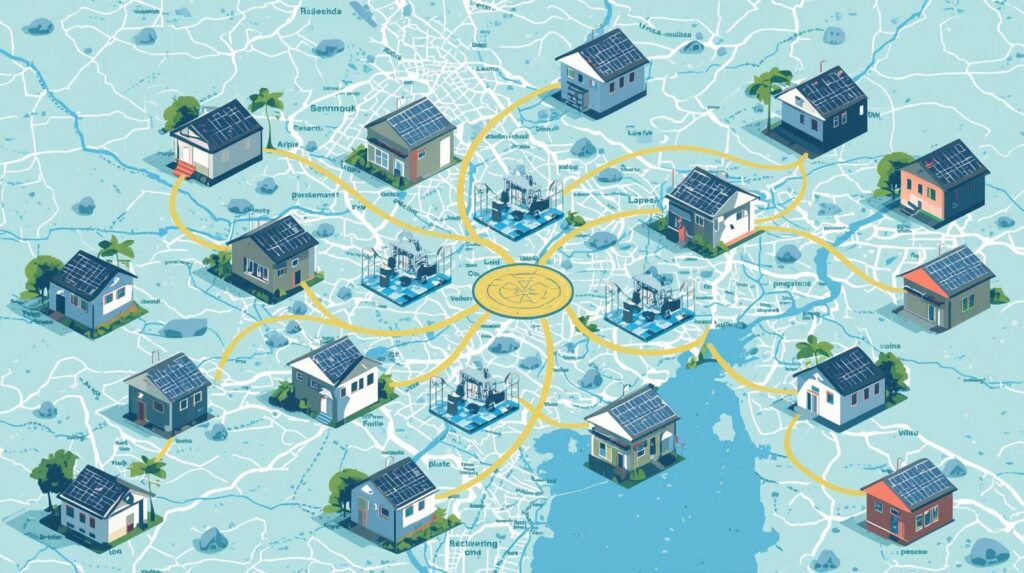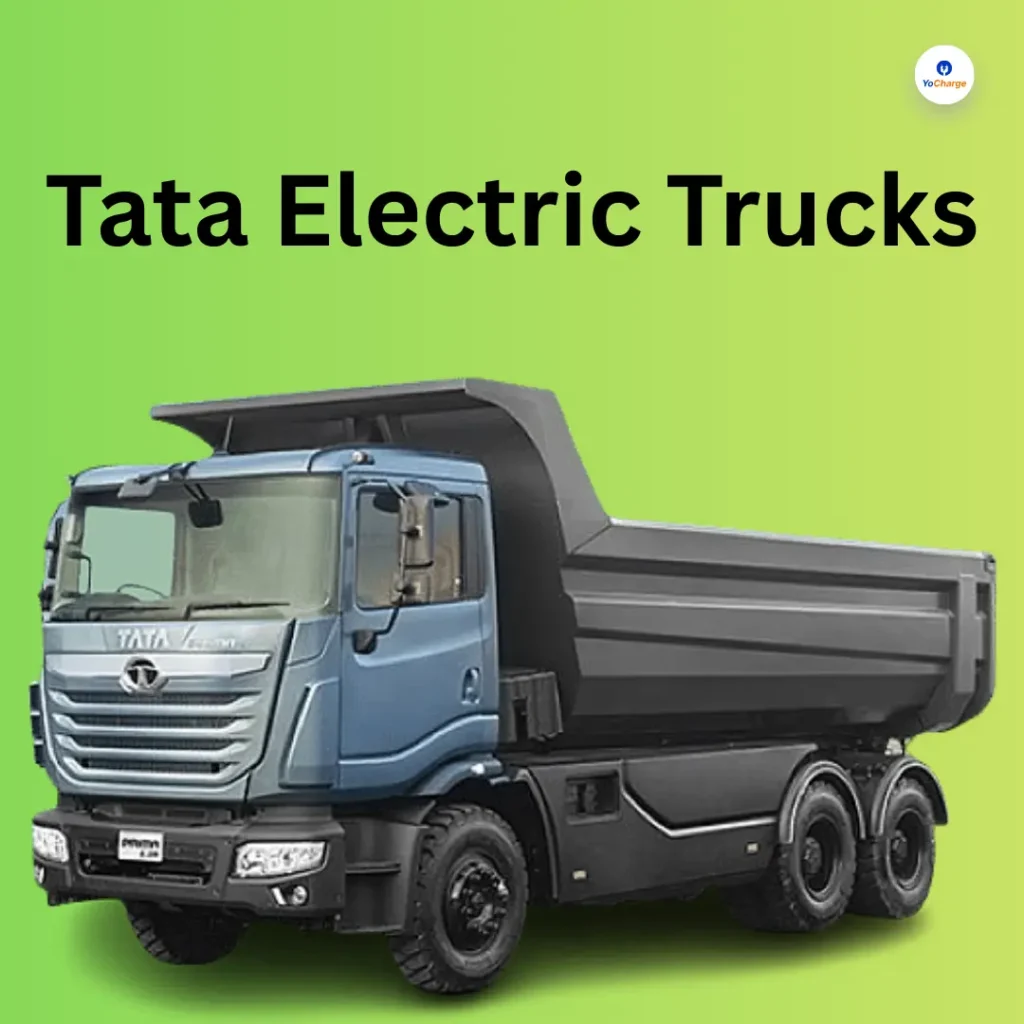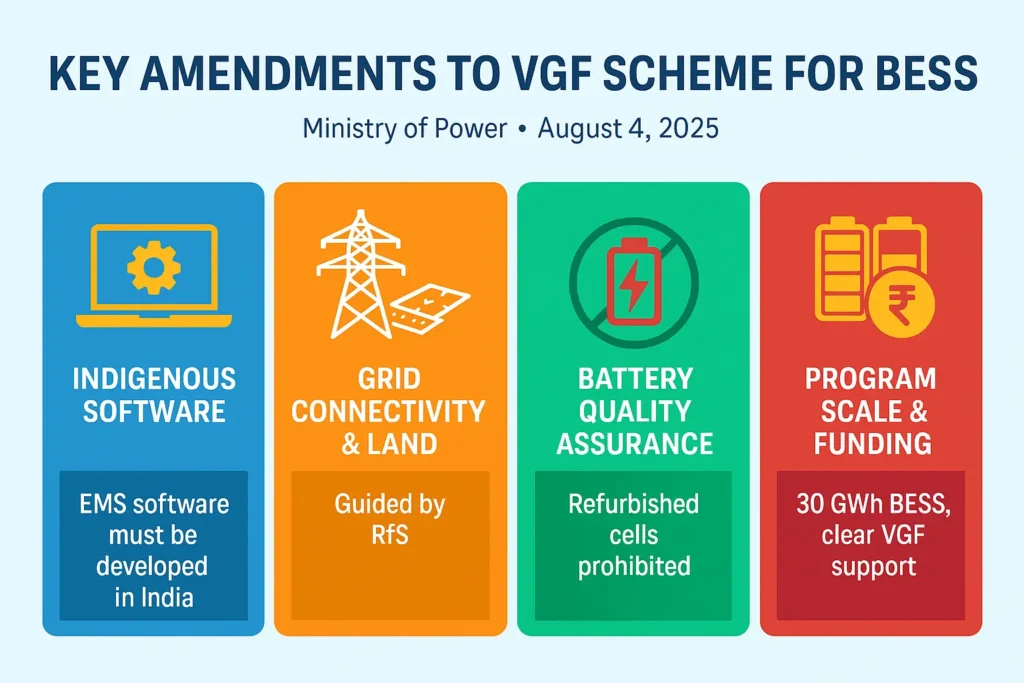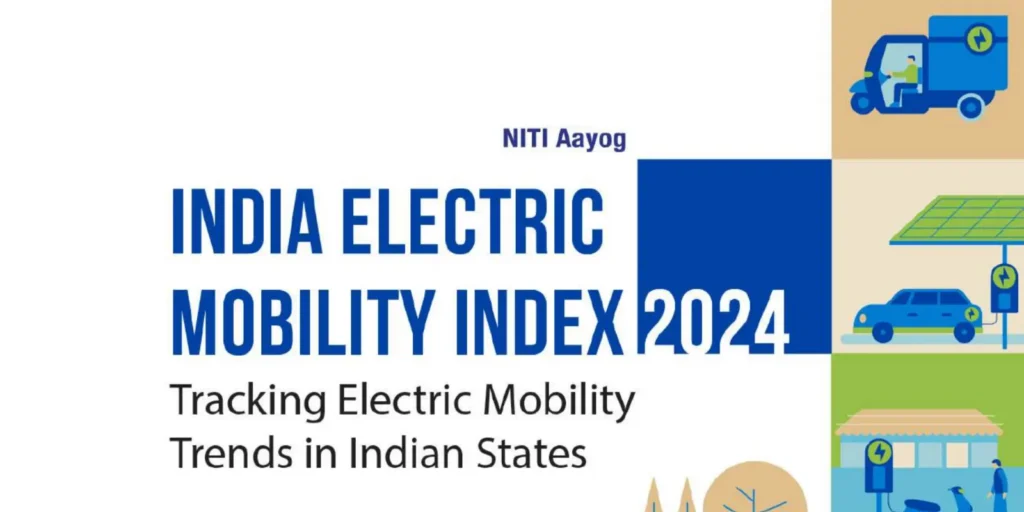By accepting it as the fuel of the future, automakers have set timetables for switching to all-electric vehicles. Volvo has also stated its intention to switch to an entirely electric fleet beginning in 2023. Nonetheless, the automaker plans to sell entirely electric vehicles in the Indian market after 2025. The company already offers the Volvo CX40 Recharge for sale in the nation, and it has announced that the Volvo C40 Recharge, the small SUV’s coupe twin, will join the lineup.
The company will introduce the electric version of its C40 SUV in the fourth quarter of 2023, and it will continue to introduce one electric vehicle in the nation each year moving ahead.
“I think we will accelerate. We can’t do it this year, maybe in 2025. We said we will be 50 per cent electric (globally) by then, we could say well in India, we’re going to be 100 per cent electric. We’ve already said in Australia, for example, that by 2026, we’re going to be 100 per cent electric,” he told reporters here in an interaction.
“We’ve seen a much quicker acceleration towards battery electric vehicles than we ever thought (in Australia). It has taken us by surprise. I think that could well happen here (in India) because we’re not a mass manufacturer, we have the luxury of being able to differentiate ourselves from the market,” he added.
He added that for a while, the company will need to continue selling petrol cars and mild hybrids because the pure BEV luxury segment is still very limited and insufficient for the company to be profitable in the market.
“As the market develops, we will accelerate the move to BEV. The tipping point for us will come quite early,” Connor added. Volvo Cars’ current India portfolio comprises fully electric XC40 Recharge, SUVs XC90, XC60 and XC40 along with sedan S90. On the significance of the Indian market, he said, “India is a very important focus market for our region. We see it as probably the fastest growing market in the region, with the greatest, longest term potential.”
He added that sales last year were only limited by supply and that demand was far greater than supply in India and the rest of the world. Volvo Cars had strong demand for its XC40 BEV, which was released in India toward the end of last year.
“We will launch C40 BEV, a pure electric vehicle in quarter four of this year. We’ve already seen a very high demand for that car in markets where we’ve already launched it. We anticipate similar levels of demand for C40 BEV as we’d have for XC40 BEV in India,” Connor said.
Both the XC40 BEV and the C40 BEV would be imported as entirely disassembled parts before being put together at the company’s facilities in Bengaluru. “I think it’s very important for us that we produce as many cars here locally as we can to meet local demand,” he added.



